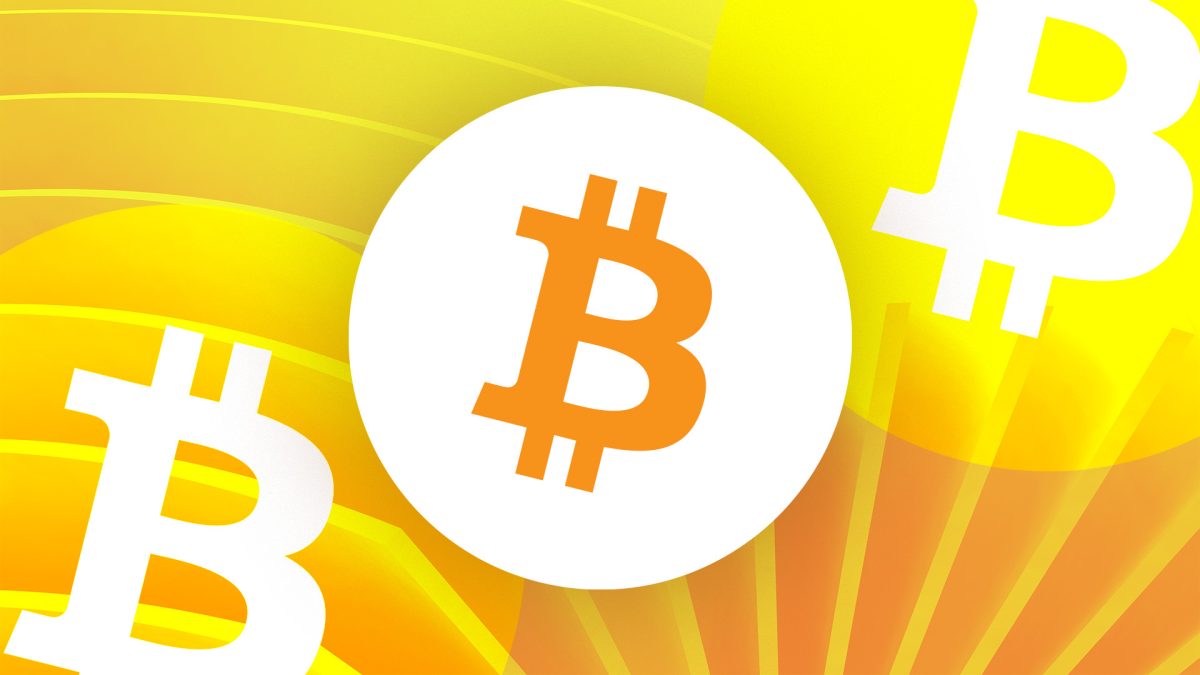Why was Bitcoin created?


Bitcoin, the world's first decentralized digital currency, has been making headlines since its inception in 2009. While many people have heard of Bitcoin, few understand the reasons behind its creation.
In this article, we will explore the origins of Bitcoin and the motivations that led to its development. From the financial crisis of 2008 to the desire for a more secure and private form of currency, we will delve into the factors that drove the creation of Bitcoin and its impact on the world of finance.
The motivation behind Bitcoin's creation
Bitcoin was developed as a revolutionary response to the 2008 financial crisis, which revealed the inherent fragility and limitations of the traditional banking system.
Prior to Bitcoin's creation, the creator, known under the pseudonym "Satoshi Nakamoto," was already known in cryptography circles, often communicating with fellow developers under the same pseudonym.
In October 2008, Nakamoto published a whitepaper titled 'Bitcoin: A Peer-to-Peer Electronic Cash System' which outlined a decentralized, cryptographically secure protocol for digital transactions, a significant departure from traditional financial systems which require intermediaries.
They aimed to establish a decentralized financial system that would empower ordinary individuals by providing them with control over their own finances. As a result of this vision, Bitcoin was designed as an open-source, peer-to-peer digital currency, eliminating the need for intermediaries in financial transactions.
Decentralization: The core principle of Bitcoin
The system operates on blockchain technology, a network-based ledger accessible to all participants, ensuring transparency and security. The mining process, which involves solving complex mathematical problems, not only generates new bitcoins but also validates and verifies transactions, ensuring the integrity of the system.
Transactions made on the blockchain are secure and verified, eliminating the need for an intermediary or third party. This decentralization is not just about technology; it's a social and economic shift, a new way of thinking about finance. It's about empowering individuals, promoting transparency, and challenging traditional power structures.
Bitcoin's open-source nature ensures that it remains a decentralized network, where no single entity has the power to control it entirely. This decentralization is at the heart of Bitcoin's value proposition and its potential to revolutionize the financial industry.
While Bitcoin was initially mined for its novelty, it has since grown exponentially in value, demonstrating its potential as a viable alternative to traditional financial systems.
The impact of Bitcoin's creation on traditional banking systems
Bitcoin's creation underscored the potential fragility of the traditional banking system, which was laid bare during the 2008 crisis.
Notably the first Bitcoin block — known as the Genesis block — contained a recent headline from The Times newspaper, "Chancellor on brink of second bailout for banks."
By offering a decentralized alternative, Bitcoin highlighted the potential for a financial system that could operate independently of central banks and governmental control. It gave ordinary individuals the opportunity to participate in a financial system where they could have direct control over their transactions.
Bitcoin's creation did not just introduce a new form of currency; it also brought a new way of thinking about financial transactions and control. It represented a shift from a centralized to a decentralized system, from reliance on institutions to reliance on technology and collective trust.
While the traditional banking systems continue to play a significant role in global finance, the creation of Bitcoin has undoubtedly reshaped their landscape, forcing them to evolve and adapt to the changing times. Despite the ongoing debates and controversies surrounding Bitcoin, its impact on traditional banking systems cannot be denied. It has forever altered our understanding of money and financial transactions, heralding a new era in the world of finance.
Disclaimer: This article was produced with the assistance of OpenAI’s ChatGPT 3.5/4 and reviewed and edited by our editorial team.
© 2025 The Block. All Rights Reserved. This article is provided for informational purposes only. It is not offered or intended to be used as legal, tax, investment, financial, or other advice.



